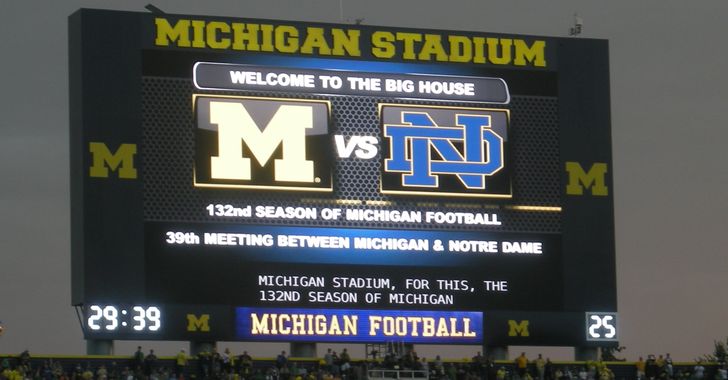Encountering homeless individuals while going to class or getting groceries is not a rare occurrence here in Honolulu, Hawaii. In fact, it would be more rare to experience the latter. Personally, I have never left the bubble of campus and not had a notable encounter with at least one houseless person during that given trip.
This poses the question: What is the root of all this homelessness? How can extravagant luxury resorts ornament the lengths of Waikiki, but a 5 minute walk in the opposite direction directly places you in the middle of a massive tent community?
The problem is compounded by a multitude of variables. Arguably, the most significant one being the availability of affordable housing. Affordable housing is not made a priority here, especially not when commercial enterprises have the means and motive to outbid any welfare or non-profit organization when it comes to property. The economic incentive from the tourism industry coupled with the greed of wealthy developers lays out an environment where the development of a shopping mall will always be placed higher than the needs of the homeless. Helping those in need is simply not as lucrative. This issue is not exclusive to Hawaii, as every major city with a high cost of living faces its fair share of housing issues and individuals struggling to make ends meet while living below the poverty line.
The stigmas surrounding mental health and drug abuse only add fuel to the fire. Whether conscious or not, the assumption of a person strung out on drugs and the image of a houseless person are inexplicably linked. The problem is when someone's initial reaction to this issue is to ignore it instead of desiring to deprogram that deeply programmed bias. This prevents people with resources and power from ever desiring to help those in need. Some of the individuals who make this thoughtless decision are the ones holding powerful roles in the government today. How can a problem be resolved if no one who has the means to solve it actually cares?
Not only are the resources for help limited, but they're also at over-capacity and riddled with corruption. How is this a fair deal? The homeless population is not even given a fighting chance under these circumstances.
The extremities of the situation are also worsened every time there is a dip in the economy, let alone a whole recession. There is no single clear solution. But the government does sew the strings on this web of an issue. A lower personal income tax, more mental health services, and a heightened importance placed on welfare funding are all so critical. These are all components of an environment that would alleviate some of the burdens on the houseless community.
On the bright side, these are all pillars of Biden's campaign too. Obviously this will not eradicate the problem entirely, but it is a step closer than where we are now.
Please vote this November!









 Photo by
Photo by 









































